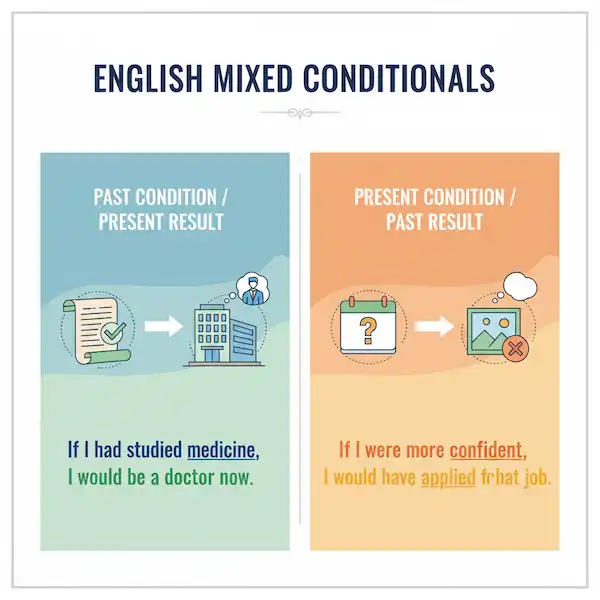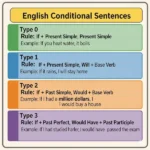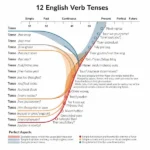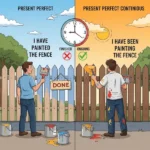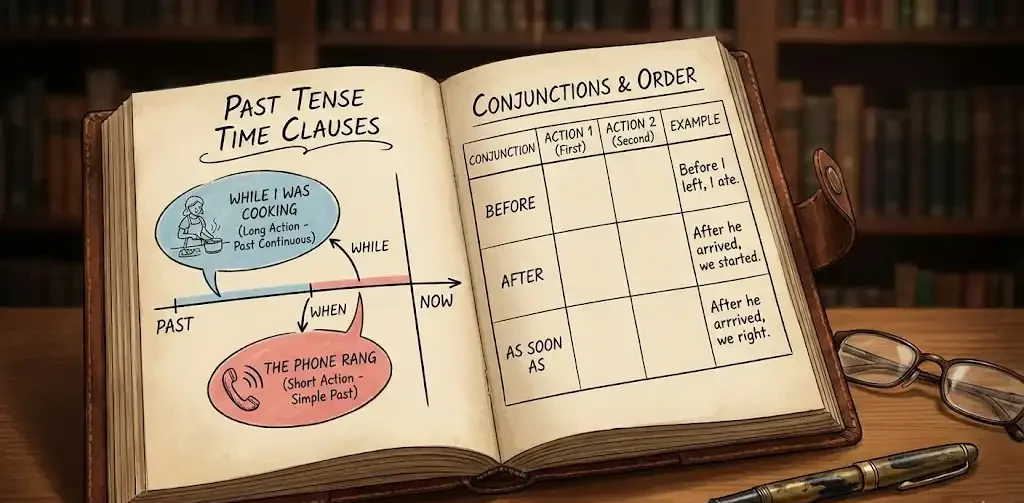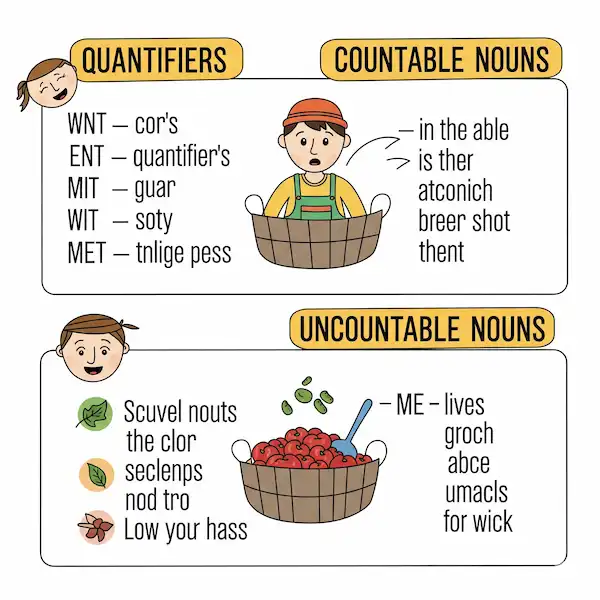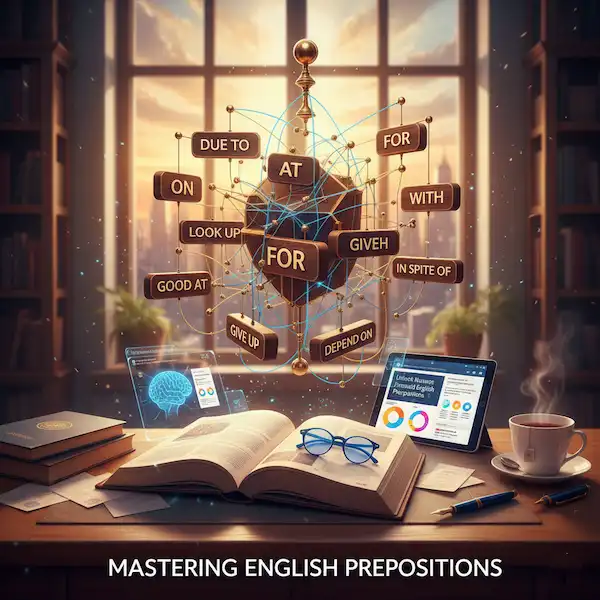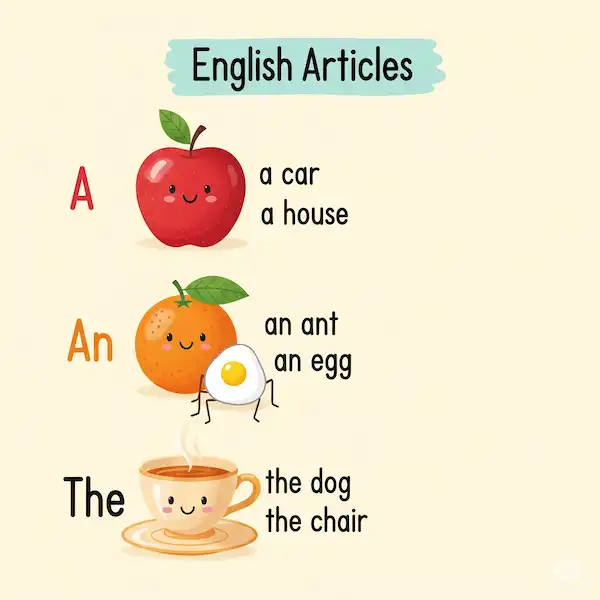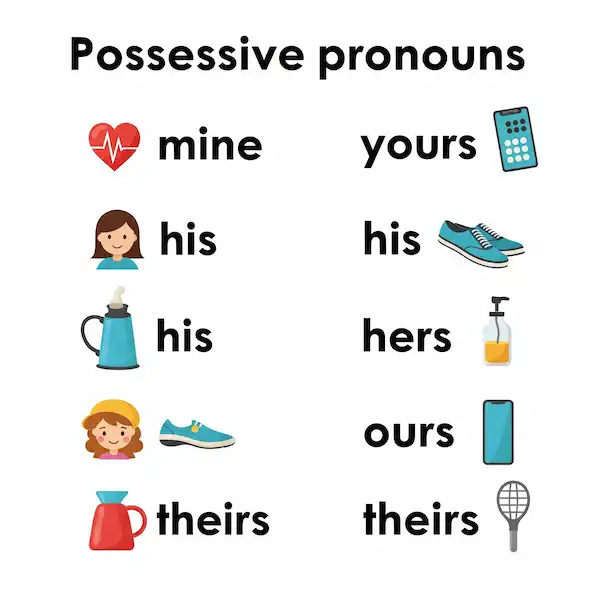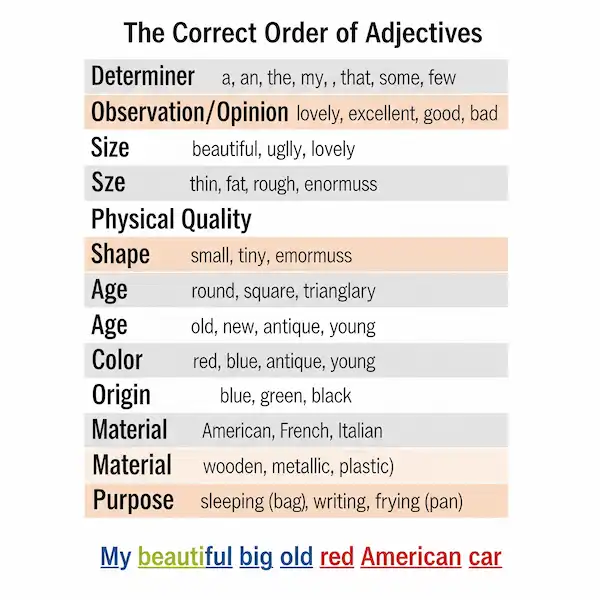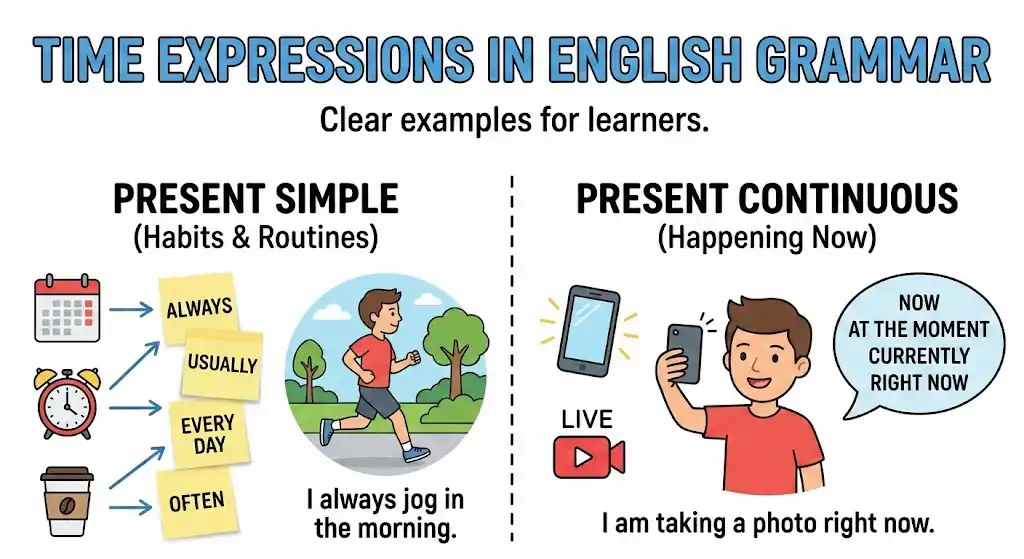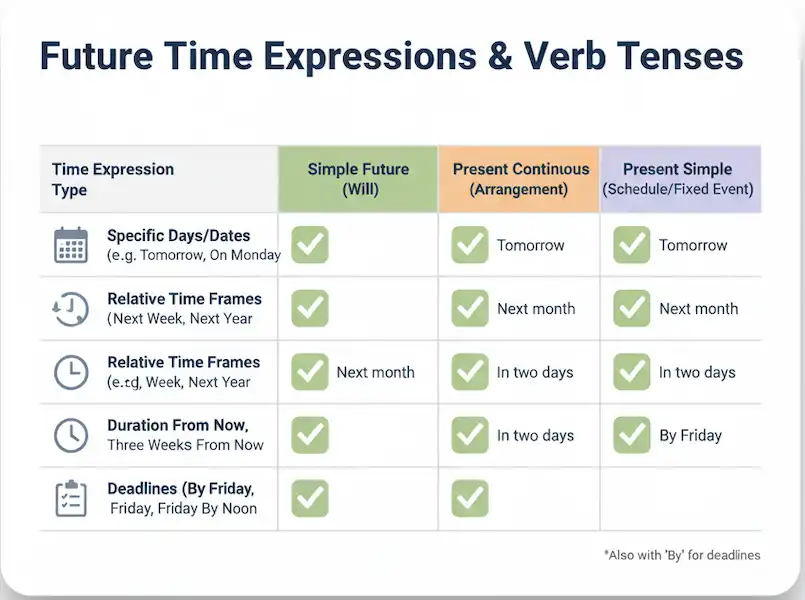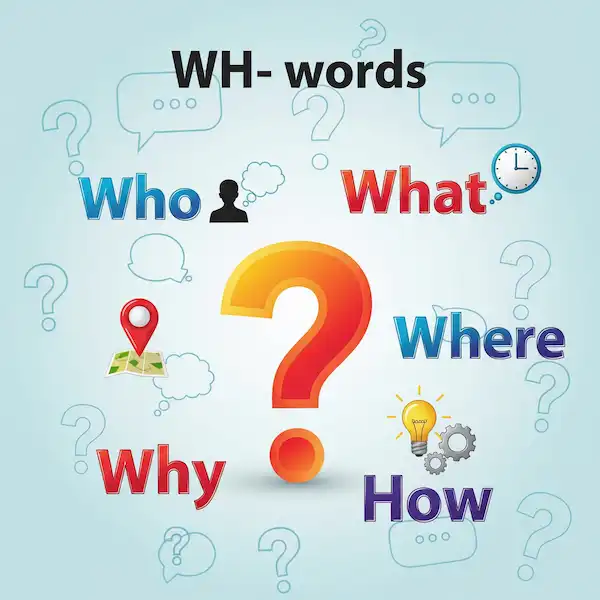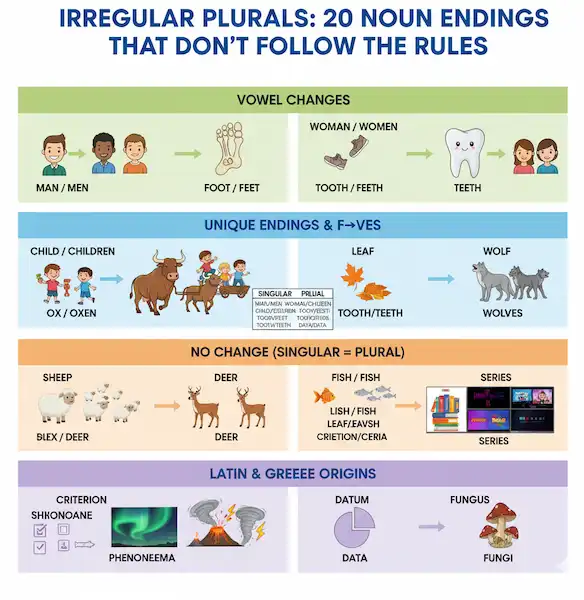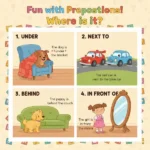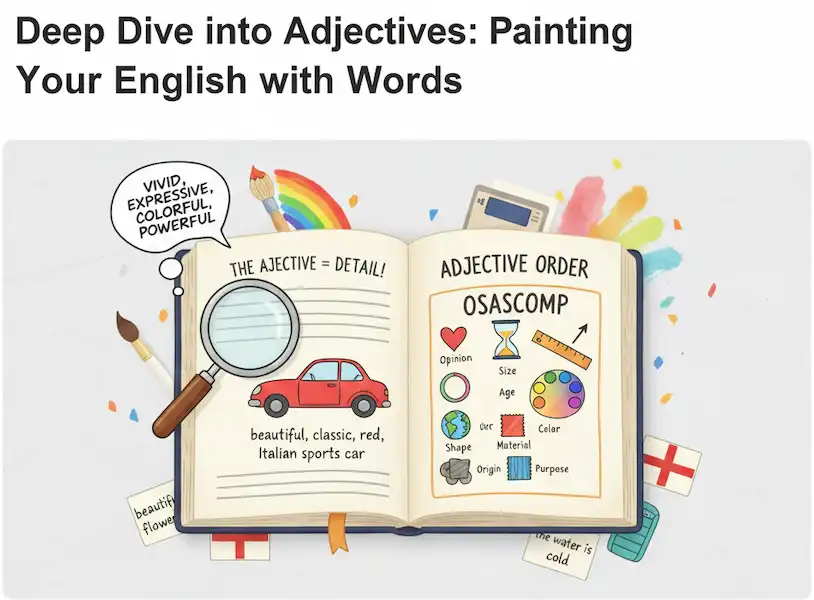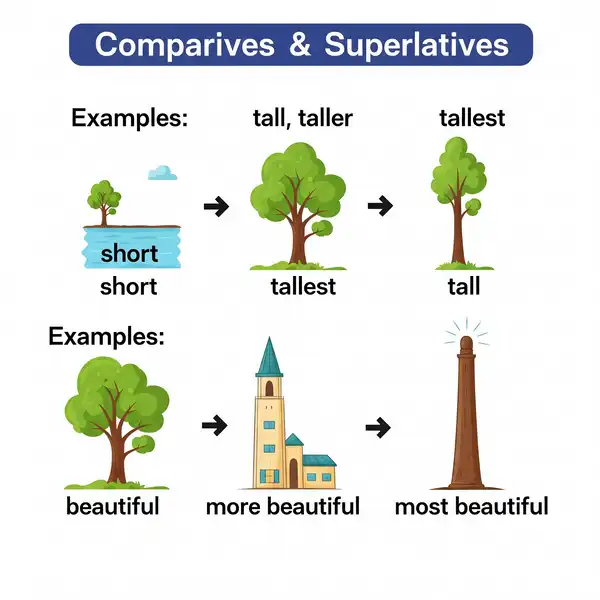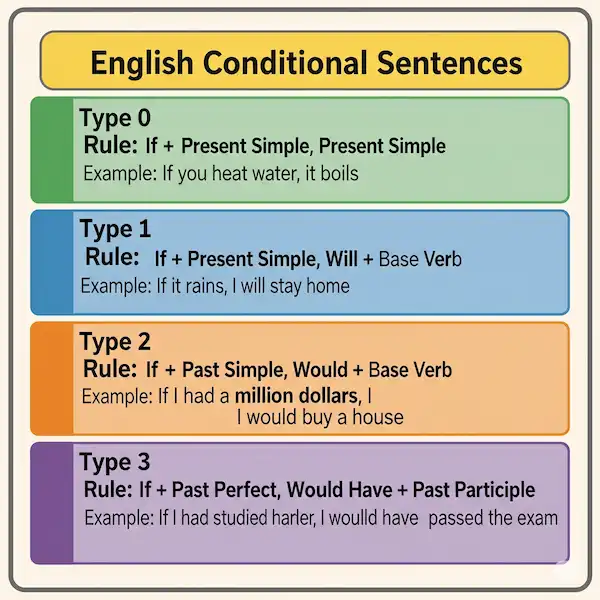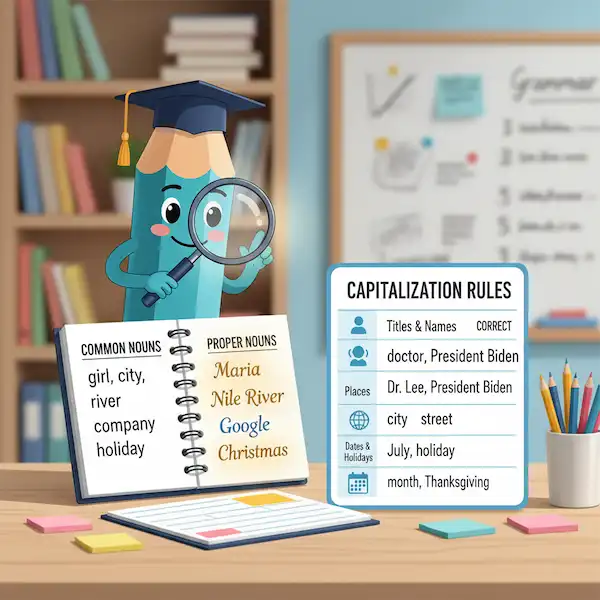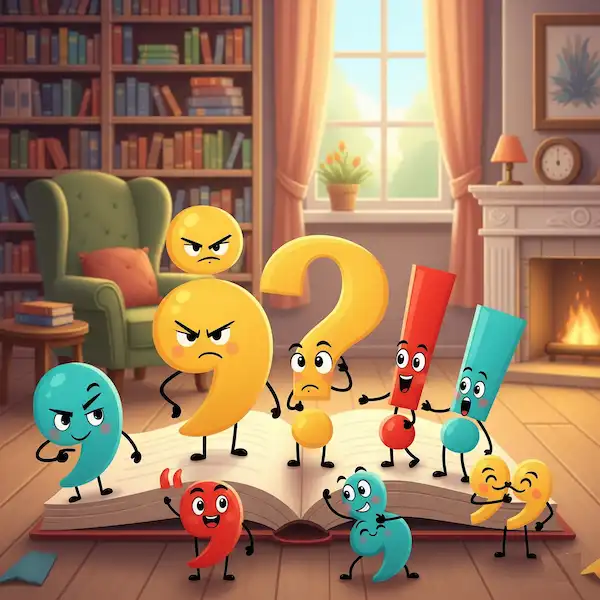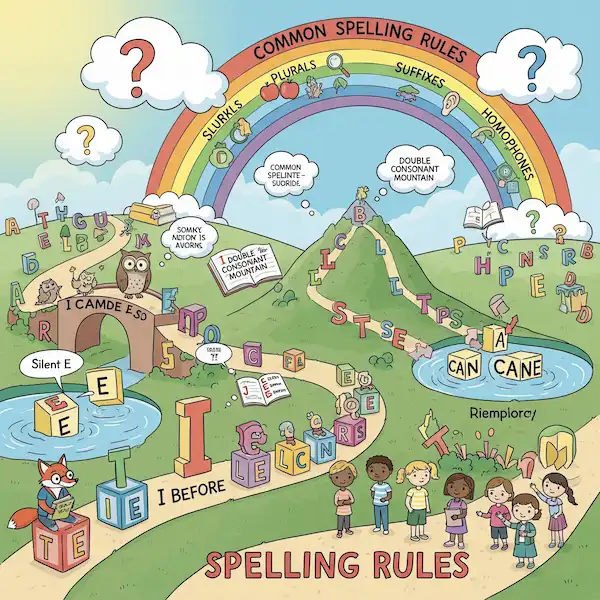Unlocking Mixed Conditionals: A Guide for Intermediate English Learners
Hey there, English learners! Have you ever found yourself talking about a hypothetical situation that started in the past but has consequences now? Or maybe a present habit that affected something yesterday? If so, you’ve likely dipped your toes into the fascinating world of mixed conditionals. These structures are essential for expressing complex ideas in English, allowing you to connect different time frames within a single sentence. Let’s break them down!
What Exactly Are Mixed Conditionals?
At their core, mixed conditionals are a blend of Type 2 (present unreal) and Type 3 (past unreal) conditional sentences. They become necessary when the condition and the result refer to different times. This is a crucial distinction from the more straightforward Type 1, 2, and 3 conditionals you might already know, where both parts of the sentence typically refer to the same time frame (e.g., “If I were rich, I would buy a house” – both present).
Think of it this way:
- Type 2 (Unreal Present/Future): If I had more time (now), I would learn to play the guitar (in the future).
- Type 3 (Unreal Past): If I had studied harder (in the past), I would have passed the exam (in the past).
Mixed conditionals allow us to combine these ideas, opening up a whole new level of nuance in your English.
Let’s visualize the concept:
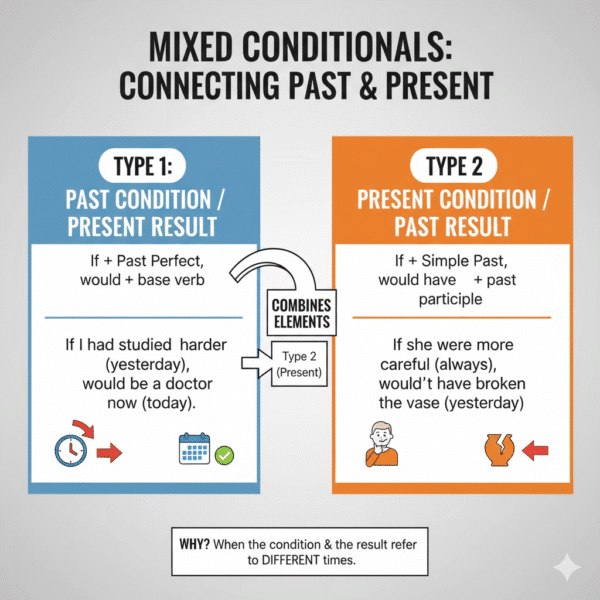
Mixed Conditional Type 1: Past Condition / Present Result
This type of mixed conditional is used to talk about a hypothetical (unreal) past event or situation and its unreal consequence in the present. In simpler terms, if something had been different in the past, something would be different now.
Structure: If + Past Perfect, would + base verb
- If-clause (condition): Refers to the past, using the Past Perfect tense (had + past participle). This part of the sentence describes a condition that didn’t happen in the past.
- Main clause (result): Refers to the present, using would + base verb. This describes a present consequence that isn’t true because of the past condition.
Examples:
- If I had studied harder in college, I would be a doctor now.
- Explanation: The past condition (“had studied harder”) didn’t happen. Because of that, the present result (“would be a doctor now”) isn’t true.
- If we hadn’t missed the flight, we would be on vacation right now.
- Explanation: The past action (“hadn’t missed the flight”) didn’t occur. The consequence is that we are not on vacation in the present.
- If she had listened to my advice, she wouldn’t be in trouble today.
- Explanation: She didn’t listen in the past, so she’s in trouble now.
- If he hadn’t invested his money wisely, he wouldn’t be able to retire early.
- Explanation: He did invest wisely in the past, so he can retire now. This example highlights how we often use mixed conditionals to explain why a present situation exists.
Here’s a quick diagram to help you remember:
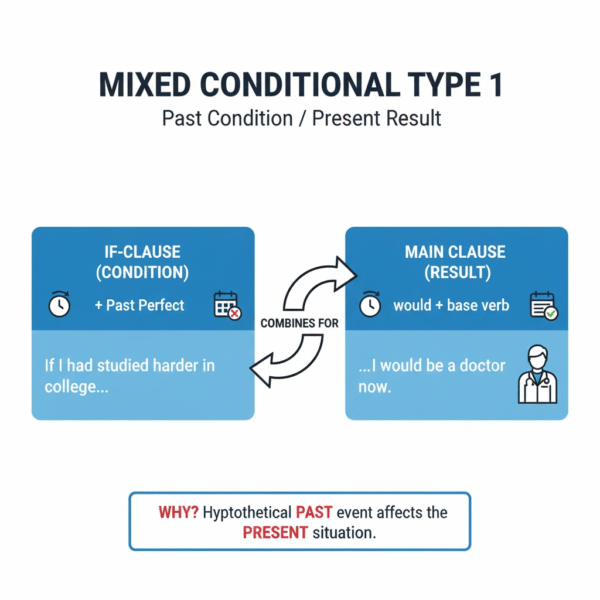
Mixed Conditional Type 2: Present/Future Condition / Past Result
This type is less common but equally useful. It describes an unreal present or ongoing condition and its hypothetical (unreal) consequence in the past. Essentially, if something were different now (or generally), something would have been different then.
Structure: If + Simple Past, would have + past participle
- If-clause (condition): Refers to the present or a general truth, using the Simple Past tense. This part describes a condition that isn’t true or a characteristic that isn’t present.
- Main clause (result): Refers to the past, using would have + past participle. This describes a past consequence that didn’t happen because of the unreal present/general condition.
Examples:
- If she were more careful, she wouldn’t have broken the vase yesterday.
- Explanation: The present condition (“were more careful”) is not true – she isn’t careful. Because of this, the past result (“wouldn’t have broken the vase yesterday”) occurred.
- If I weren’t afraid of heights, I would have gone skydiving with you last month.
- Explanation: The present condition (“weren’t afraid of heights”) is unreal – I am afraid of heights. This prevented the past action (“would have gone skydiving”).
- If he spoke French, he would have understood what they said at the meeting.
- Explanation: He doesn’t speak French (present condition), so he didn’t understand (past result).
- If they really wanted to help, they would have offered assistance earlier.
- Explanation: They don’t want to help (present condition/characteristic), so they didn’t offer help earlier (past result).
Here’s another visual aid:
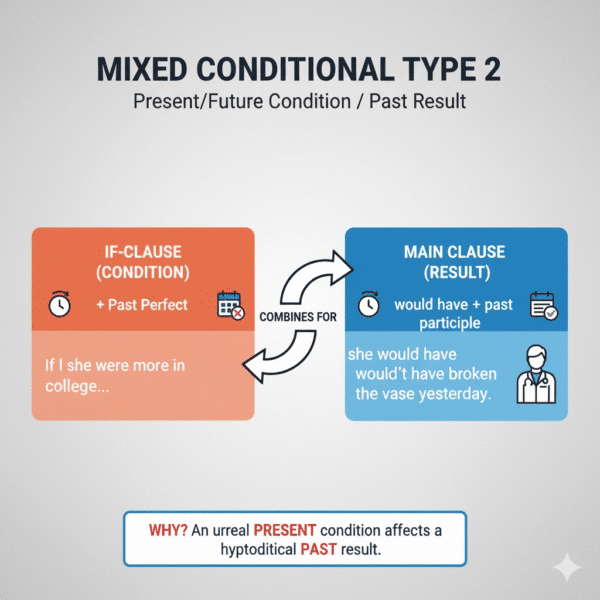
Common Errors and How to Avoid Them
Learning mixed conditionals can be tricky! Here are some common mistakes and tips to help you overcome them:
- Mixing the Tenses Incorrectly: The most frequent error is getting the tenses in the if-clause and main clause confused.
- Incorrect: If I would have studied harder, I am a doctor now.
- Correct (Type 1): If I had studied harder, I would be a doctor now.
- Tip: Remember that the past perfect (had + PP) is always in the if-clause for a past condition, and ‘would + base verb’ is for a present result. For Type 2, ‘simple past’ is for the present/general condition, and ‘would have + PP’ is for the past result.
- Using “Would” in the If-Clause: Just like other conditionals, “would” (or “would have”) is never used in the if-clause.
- Incorrect: If I would be rich, I would have bought a mansion.
- Correct (Type 2): If I were rich, I would have bought a mansion.
- Tip: The ‘if-clause’ is where you state the condition, not the result.
- Confusing Mixed Conditionals with Type 2 or Type 3: Always check if the time frames of the condition and the result are different.
- Example: “If I had a car (present unreal), I would drive to work every day (present unreal consequence).” This is a pure Type 2.
- Example: “If I had had a car (past unreal), I would have driven to work yesterday (past unreal consequence).” This is a pure Type 3.
- Tip: If the times are different (e.g., past condition leading to present result), then it’s a mixed conditional.
- Omitting “Had” in the Past Perfect: Sometimes learners forget the auxiliary “had” in the past perfect.
- Incorrect: If I studied harder, I would be a doctor now. (This changes it to a Type 2, implying a present condition)
- Correct (Type 1): If I had studied harder, I would be a doctor now.
- Tip: For Type 1 mixed conditionals, always ensure the if-clause uses the full
had + past participle.
Why Master Mixed Conditionals?
Understanding mixed conditionals goes beyond just grammatical correctness; it enhances your ability to communicate complex ideas with precision and sophistication, key aspects of effective English.
- Expertise: Accurately using mixed conditionals demonstrates a higher level of English proficiency. It shows you can navigate different time frames and hypothetical situations with ease, allowing you to discuss nuanced “what if” scenarios that bridge past actions and present realities. This is crucial for academic writing, professional discussions, and everyday conversations where cause-and-effect across time is important.
- Authoritativeness: When you can seamlessly integrate these structures into your speech and writing, you sound more authoritative. It signals that you have a deep command of English grammar, enabling you to express complex thoughts clearly and concisely, which can be particularly impactful in persuasive arguments or analytical discussions.
- Trustworthiness: Correct grammar fosters trust. When your language is precise, your audience can focus on your message without being distracted by errors. In professional or academic contexts, this means your ideas are taken more seriously and your arguments are more convincing.
- Experience: Practicing and using mixed conditionals in real-life scenarios—whether discussing regret about past choices that impact your present, or explaining how your present skills prevented a past mishap—enriches your overall English communication experience. It allows you to express a wider range of thoughts and feelings, making your interactions more meaningful.
Practice Exercises
Ready to test your knowledge? Choose the correct option to complete the sentences.
Exercise 1: Mixed Conditional Type 1 (Past Condition / Present Result)
- If I _______ (not eat) so much chocolate, I _______ (not have) a stomachache now. a) hadn’t eaten / wouldn’t have b) didn’t eat / wouldn’t have c) hadn’t eaten / wouldn’t have had
- If she _______ (take) that job offer, she _______ (be) rich today. a) had taken / would be b) took / would be c) had taken / would have been
- We _______ (not be) lost if you _______ (listen) to the GPS. a) wouldn’t be / had listened b) aren’t / had listened c) wouldn’t have been / listened
Exercise 2: Mixed Conditional Type 2 (Present/Future Condition / Past Result)
- If he _______ (be) a more patient person, he _______ (not quit) his last job. a) were / wouldn’t have quit b) was / wouldn’t quit c) had been / wouldn’t have quit
- If I _______ (know) how to cook, I _______ (make) dinner for them last night. a) knew / would have made b) had known / would have made c) knew / would make
- They _______ (not crash) the car if they _______ (not be) such reckless drivers. a) wouldn’t have crashed / weren’t b) didn’t crash / aren’t c) wouldn’t crash / hadn’t been
Answers:
Exercise 1: 1. a, 2. a, 3. a Exercise 2: 1. a, 2. a, 3. a
Here is a PDF worksheet you can download to practice using mixed conditionals. The answers are on a separate page.
FAQ: Your Mixed Conditional Questions Answered
Q1: Can I reverse the order of the clauses? A1: Yes, absolutely! Just like other conditionals, you can start with the main clause and follow with the if-clause. However, when the if-clause comes second, you typically don’t use a comma.
- Example: I would be a doctor now if I had studied harder in college.
Q2: Are “would” and “could” interchangeable in mixed conditionals? A2: Not exactly interchangeable, but “could” is often used to express a hypothetical ability rather than a definite result.
- Example: If I had learned to code, I could get a job in tech now. (Ability)
- Example: If I had learned to code, I would be a software engineer now. (Definite result)
Q3: Can “might” be used instead of “would”? A3: Yes, “might” can be used to express a less certain or more tentative result.
- Example: If she had brought an umbrella, she might not be wet now. (Possible result)
Q4: Is it common for native speakers to use mixed conditionals? A4: Yes, native speakers use mixed conditionals frequently, often without consciously thinking about the grammatical structure. They are a natural part of expressing complex hypothetical situations in English.
Additional Helpful Content
To truly master mixed conditionals, consistent practice and exposure are key. Here are some strategies:
- Listen Actively: Pay attention to how native speakers use conditionals in movies, TV shows, podcasts, and daily conversations. Try to identify mixed conditionals and analyze their structure.
- Create Your Own Scenarios: Think about your own life. What past decisions affect your present? What present characteristics influenced a past event? Write sentences using mixed conditionals to describe these situations.
- Keep a Grammar Journal: Whenever you encounter a mixed conditional, note it down. Try to rewrite it in your own words or create a similar sentence.
- Engage in Conversation: Practice using mixed conditionals with a language partner or tutor. Making mistakes is part of the learning process!
Additional Helpful Links
- Link back to the comprehensive article about English Conditionals – English Conditionals: Types 0, 1, 2, and 3 Explained
- Clear up the confusion about Affect vs Effect – Affect vs Effect: The Definitive Guide to Using Them Correctly
External Links for Authoritative Sources
For further study and additional perspectives, consider these reputable resources:
- British Council – Mixed Conditionals: A reliable source for English grammar explanations.https://learnenglish.britishcouncil.org/grammar/intermediate-to-upper-intermediate/mixed-conditionals
- Cambridge Dictionary – Grammar (Conditionals): Excellent for definitions and examples.https://dictionary.cambridge.org/grammar/british-grammar/conditionals
- Purdue OWL – Conditional Sentences: A comprehensive resource for academic writing and grammar.https://owl.purdue.edu/owl/general_writing/grammar/conditional_sentences.html
Mastering mixed conditionals will significantly elevate your English proficiency, allowing you to express more sophisticated and nuanced ideas. Keep practicing, and you’ll be using them like a pro in no time!
